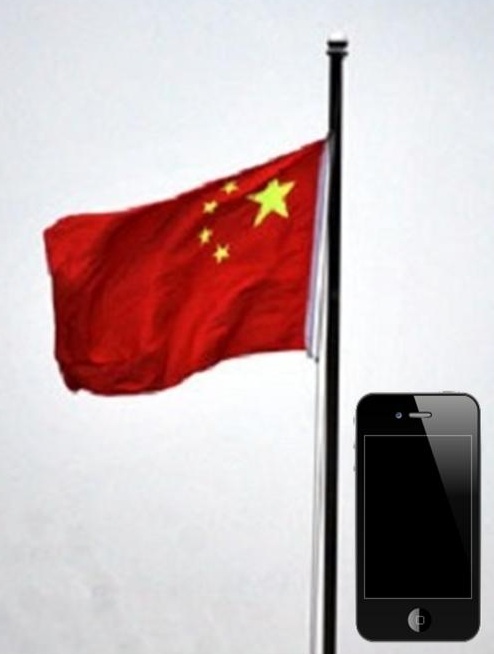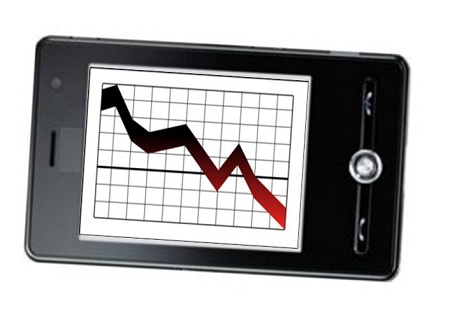Local rivals have been heading up-market while Samsung offers consumers an unbeatable price.
Apple experienced some disappointing news from the mobile device market in China. During the third quarter, the iPhone maker saw a 29 percent drop in revenue compared to the second quarter.
Apple’s revenues from China also saw a surprising drop by a huge 33 percent year over year.
Third financial quarter 2015 revenues had been $13.2 billion in the Chinese mobile device market. This year during the same quarter, there has been a plummet to a much lower $8.8 billion. Tim Cook, CEO of Apple, blamed the slowing growth of the country’s economy as a primary reason for the nosedive in revenues.
Apple had once held the coveted place as the “it” brand in the Chinese mobile device market.
 However, local mobile device companies have been placing a massive focus on their brand image efforts. This has allowed many of them to grow from the level of cheap basic phone to upmarket premium smartphone models.
However, local mobile device companies have been placing a massive focus on their brand image efforts. This has allowed many of them to grow from the level of cheap basic phone to upmarket premium smartphone models.
Among the top threats Apple is facing within the mobile phone marketplace in China is Xiaomi. That company has managed to clone a broad spectrum of Apple’s features, designs and even its marketing approach. It has been making every effort to replicate the appeal of Apple while knocking the pins out of the iPhone maker’s position at the same time.
In fact, it raced to replicate two anticipated upcoming iPhone features – that is, the dual cameras and OLED displays. Xiaomi then launched that device on the same day Apple was to announce its drooping revenue results. At the same time, Xiaomi has been working to appeal to the Chinese market to proudly buy local. It has strategically placed a series of billboard ads in the country calling its devices the “Made-in-China smartphones.” This, despite the fact that the majority of iPhones are, in fact, made in China as well.
That said, the Wall Street Journal identified another problem Apple is facing in the mobile phone market in China. Both Oppo and Huawei have launched attractive new premium smartphones to take on the iPhone. They have successfully given consumers another choice of high end device with a more affordable price tag. Following this successful positioning, they have been able to take a slice out of Apple, so to speak.
The American company now holds fifth place in the Chinese smartphone marketplace, behind Huawei, Oppo, Vivo and Xiaomi. Samsung is rapidly approaching by offering its devices with competitive pricing.


